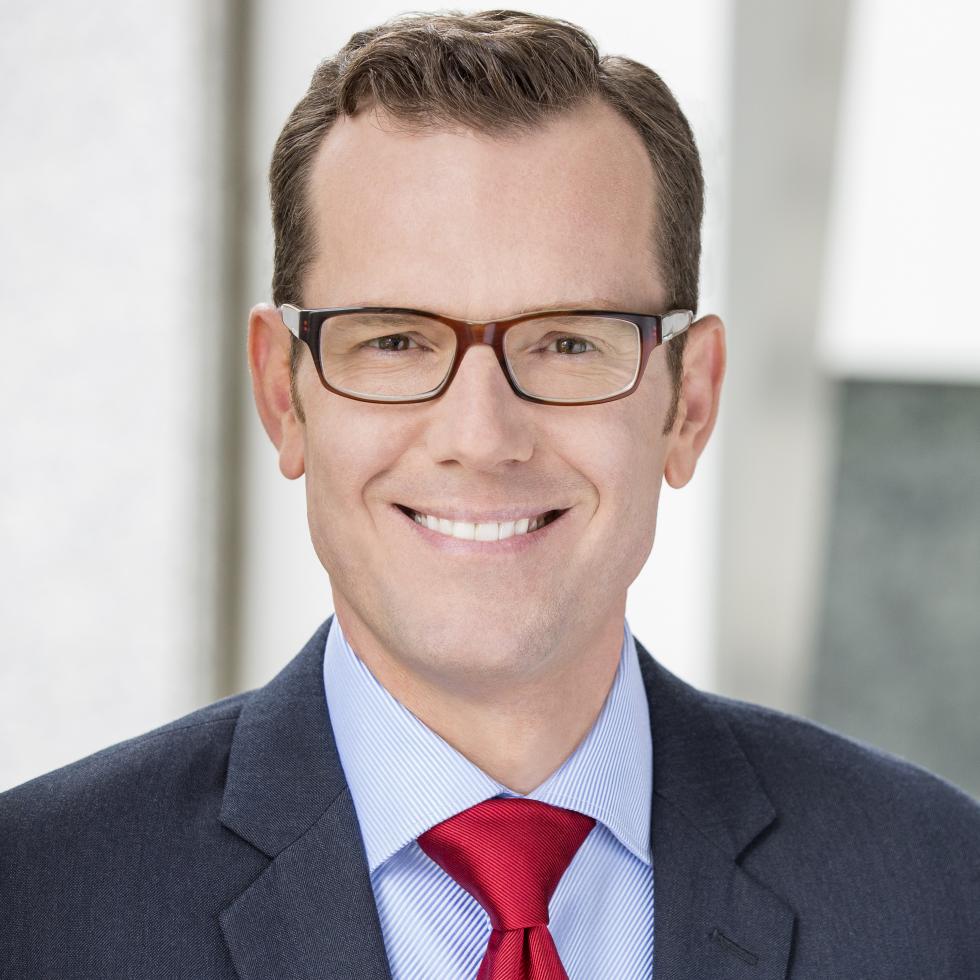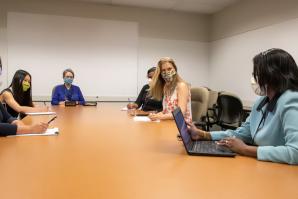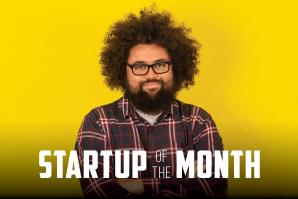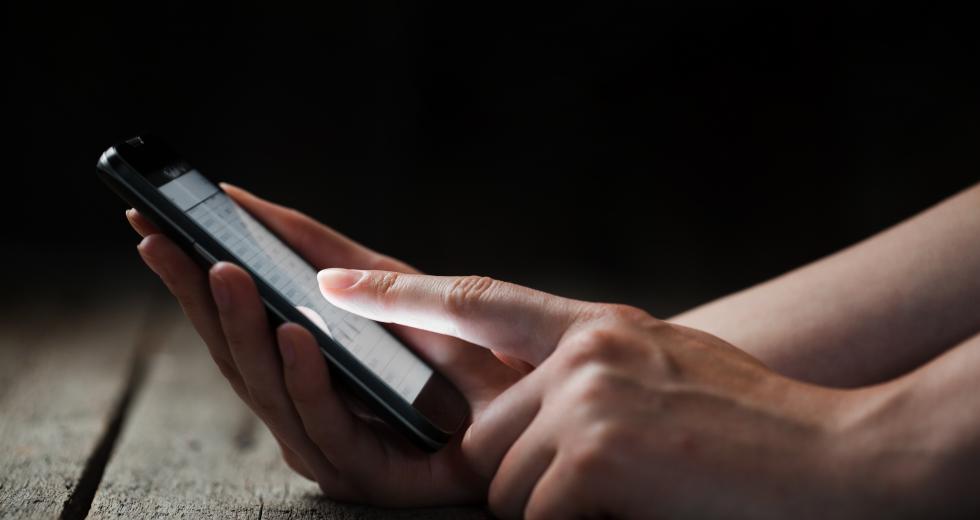In 2018, Vacaville Police Chief John Carli approached David Black with an idea to develop a customized wellness app for his officers. Black, a psychologist and CEO of Gold River-based technology company Cordico, says first responders enter their professions in good psychological health, but over time, on-the-job stressors can lead to elevated rates of depression, post-traumatic stress disorder, alcohol abuse, suicide risk and other problems.
“They’re constantly putting themselves in harm’s way for the sake of strangers and the sake of their community. … They’re taking these horrible calls one after another,” Black says. “My mom was a nurse. Nurses are on the front lines of pain and suffering and trauma. It’s all these people doing these very thankless jobs that people take for granted that takes enormous tolls on their psychological well-being.”
Black hired Sacramento app developer Rich Foreman as chief technology officer to lead the development of the wellness apps, which have self-assessment modules and toolkits, including access to peer-support groups and therapists vetted for their expertise with law enforcement. Black says the app is useful because it is “in hand, on demand.”
David Black is CEO of Gold River-based technology company
Cordico. (Photo courtesy of David Black)

Related: Help for the Helpers
“As police officers, when you’ve been doing this job long enough, you experience certain things. … It really doesn’t affect you immediately,” says Hopper, an officer for 28 years. “But that night, there was an effect on me that other people were seeing. The next day, I went home and I was talking to my wife, and she says, ‘You know, you haven’t been the same for several weeks now.’” He says speaking to a therapist he connected with through the app proved invaluable to his mental health.
Vacaville officer Mike Miller, a 21-year veteran, was also at the scene of the January 2019 incident. Only a few days before, on Jan. 10, he was involved in the manhunt to locate the person who ambushed Davis police officer Natalie Corona, and he was outside the suspect’s house when the suspect shot and killed himself. Miller says he recalled feeling angry and robbed of a sense of justice — the unsettling feeling remained with him until he spoke with a therapist via the app.
“I think the biggest problem with being a police officer for that extended period of time is that you have all of this built-up trauma over the years, and you’d never have a place to put it, because in the past there was never a place to put it,” Miller says. “It’s cumulative trauma that never has a place to go. Well, for me, the second call was easier to deal with because I had a place to put the trauma from the first call the week before.”
This February, Carli was notified that the first possible case of community-spread COVID-19 in the United States had been treated at a Vacaville hospital before the patient was transferred to UC Davis Medical Center, where she tested positive. Carli says the pandemic along with related public health orders — enforceable by law — have increased pressure on first responders, as law enforcement agencies figure out how to adapt. “It’s like trying to build an aircraft while it’s flying,” he says.
Hopper says he’s encouraging his patrol teams to see their role as providing a sense of calm and security to the community through proactive policing, like driving through parking lots and neighborhoods, “waving and smiling at people just in an attempt to show some sort of normalcy and encourage people that together we can and we will make it through this,” he says. In his daily patrol briefings, officers meet outside to maintain physical distancing and do a “check on everybody’s emotional well-being, and how are we doing collectively and individually. And then also how are we doing at home? How are our families doing?”
—
Stay up to date on business in the Capital Region: Subscribe to the Comstock’s newsletter today.
Recommended For You

Help for the Helpers
Crises like the coronavirus pandemic increase stress, especially for first responders, but there are ways to cope
Under the gloom of a pandemic, people on the front lines of the crisis are encountering a level of unprecedented stressors layered onto already challenging jobs.

Health Officials Gear Up to Trace the Path of Coronavirus Contacts
Contact tracing has been used for decades to track the spread of infectious disease, but it was a process few in the general public understood until the highly-contagious coronavirus entered America’s consciousness in early 2020.

Startup of the Month: Zennify
Consulting firm guides companies through digital upgrade
With industries moving at the speed of the internet, many companies have trouble keeping pace. Zennify, a Sacramento-based cloud solutions and consulting firm, wants to help legacy businesses catch up.

Startup of the Month: OpenGrants
Platform simplifies search for public funding
Based in Sacramento, OpenGrants is a free platform that uses machine learning to sift through, list and match users with grant writers and opportunities. The platform reduces the opportunity cost inherent in the grant funding process by 30-40 percent.




